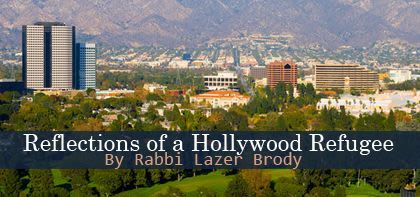
A Hollywood Refugee
Former Hollywood screenwriter Howard Morton sheds the real light on an industry that thrives on producing messages antithetical to Torah...

Though I left Hollywood more than two decades ago, there seems to be no escaping it. Even when I run to the supermarket to buy various hair products for the kids, I can’t escape the magazine covers with screaming headlines about this week’s divorcing celebrity couple or yet another derailed Hollywood starlet. Who really cares? But apparently people do care, even at Shabbat tables where I’ve often heard the conversation turn to movie stars and their wacky ways.
It’s especially unsettling to see kids from religious families glorifying actors and idealizing an industry that churns out messages antithetical to Torah. What they don’t know is that Hollywood, the real Hollywood, is anything but glamorous.
Granted, my Hollywood memories are gathering dust and showing their age, but they still reveal a world that’s morally rotten and hopelessly decayed. That’s because the Hollywood I remember was completely devoid of spiritual awareness.
Sure, there were spiritually seeking people (remember, this was the 1980s; in Hollywood, “spiritual” was synonymous with “Hey dude, the crystal around my neck is giving me some really radical energy, man”). Mainly, the characters I came across—both real and fictional—seemed too busy chasing money, fame, sex or cocaine to contemplate the real reason why their souls were sent down to this world.
So here are just a few scattered memories that, if anything, remind me why I discarded my childhood dream of making movies to live in the real world of Torah and mitzvot.
My first job in Hollywood was as a production assistant at Paramount Studios. It was a low-level job and therefore occasionally demoralizing. But it was a job that countless University of California Film School graduates would kill for and I was grateful for it. The job’s biggest benefit was to run around Paramount every day networking and scouting for a better job. The best networking took place at the Paramount commissary. All you had to do was to stand in line for your corned beef sandwich, and a legendary comedian or famous producer would cut in front of you and there was your golden networking opportunity.
Once I was standing in line at the commissary and started networking with the guy in front of me. He turned out to be a producer for one of the country’s top sit-coms. I was excited; if I got a gig on that hit show (now in syndication), my career would skyrocket. The producer interviewed me on the spot, and he told me I was hired … provided I date him. I ungraciously declined.
I remember my first day on the job at Paramount; one of the most famous producers I worked for went out of his way to introduce himself. “What a nice guy,” I thought. He also introduced himself to me on my second day—as well as my third and fourth. His brain was so ravaged by cocaine that he couldn’t remember meeting me the day before.
Cocaine abuse was rampant in Hollywood—and still is. Thank G-d, I never tried it nor have I ever had a desire to. But many succumbed to it. I once saw one of Hollywood’s biggest movie stars sitting outside a producer’s office, crashing after a cocaine binge and staring into nothing. He looked crumpled and dejected. I remember thinking: This is the glamorous movie star idolized by millions? At the time, critics were trashing this star’s latest movies; I found out he was such a coke freak that he was unable to make any decisions and his lawyers were choosing his films for him, selecting the cheap ones that would make a fast buck opposed to ones with any artistic merit.
Un-savoriness was all around me. But what did I expect? After all, I was in Hollywood, the world’s leading producer of violent and promiscuous images. A couple of years after I arrived in Hollywood, I was asked to write for one of the most violent and explicit TV shows on the air at that time: HBO’s Tales from the Crypt. Though relatively tame by today’s standards, Tales from the Crypt pushed the envelope by being the first TV series to use R-rated language and images.
One of the show’s producers asked me to write an episode for the upcoming season. Along with every other writer for the show, I was given a handful of horror comic books from the 1950s and was told to adapt one to a 24-minute script. Looking back now, all the stories given to me can be boiled down to three main themes: murder, illicit sex and idol worship. Of course, these are Judaism’s three cardinal sins which no Jew may ever transgress, even at the expense of his or her life. I chose murder.
The producer told me that no matter what I write, I must include a lot of blood at the climactic scene. That was the one requirement given me; other than that, I had complete creative freedom.
Also around that time, I had written a script for another anthology TV show—this time for Showtime. The characterization was strong, the dialogue fast and I included an interesting plot twist at the end. The producer liked it, but asked me to add an explicit love scene. I respectfully refused. He became angry and rejected my entire script, saying something like writers are a dime a dozen. Why did I refuse to give him what he wanted? I didn’t want to be responsible for adding more sewage to the airwaves; I just wanted to create interesting, non-gratuitous stories for film and TV—which is why I came to Hollywood in the first place.
So why did I leave Hollywood? I left because I hated the atmosphere I was in. Though I wasn’t yet observant, I hated the depravity, the falseness and the over-the-top materialism. I hated when one of my co-workers told me with great pride that her daughter was turning 16 and getting a nose job whether she wanted one or not. I hated when a TV actor friend of mine from Canada conned a California woman to marry him so he could avoid being deported and lose his network TV gig—while still dating other women. I hated when I went to a producer’s mansion to pick up something and a famous actress (not his wife) brazenly answered the door wearing only a bathrobe. I wanted at least a semblance of reality. I was surrounded by people pursuing happiness through fame, fortune, promiscuity and drugs; I don’t remember meeting any real happy people.
Author Raymond Chandler wrote 65 years ago, “Hollywood is easy to hate, easy to sneer at, easy to lampoon.” This is very true today, especially when you know there’s a G-d in the world who commanded us to be holy. To idolize Hollywood’s celebrities and movie makers, in my opinion, is to forget who we really are and who we’re supposed to be as Jews. As the Shacharit (morning service) “L’olam” prayer says, “What can we say before You, Hashem … are not all the heroes like nothing before You, the famous as if they had never existed?”


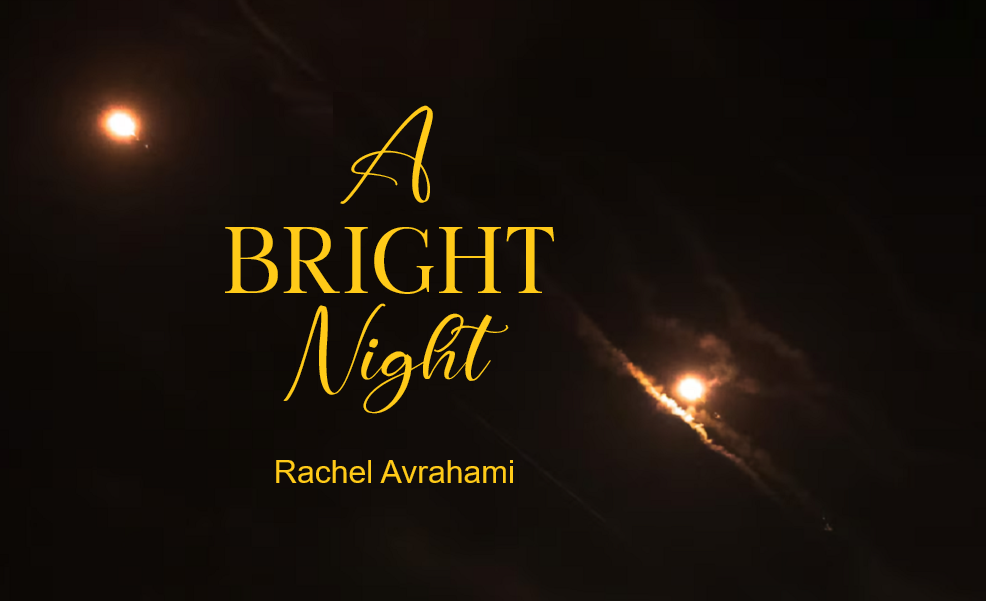

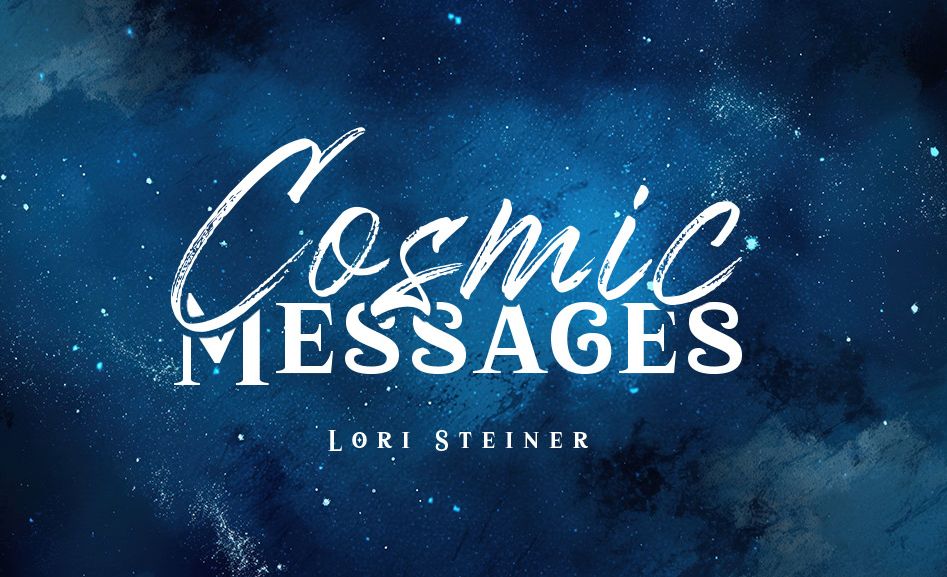
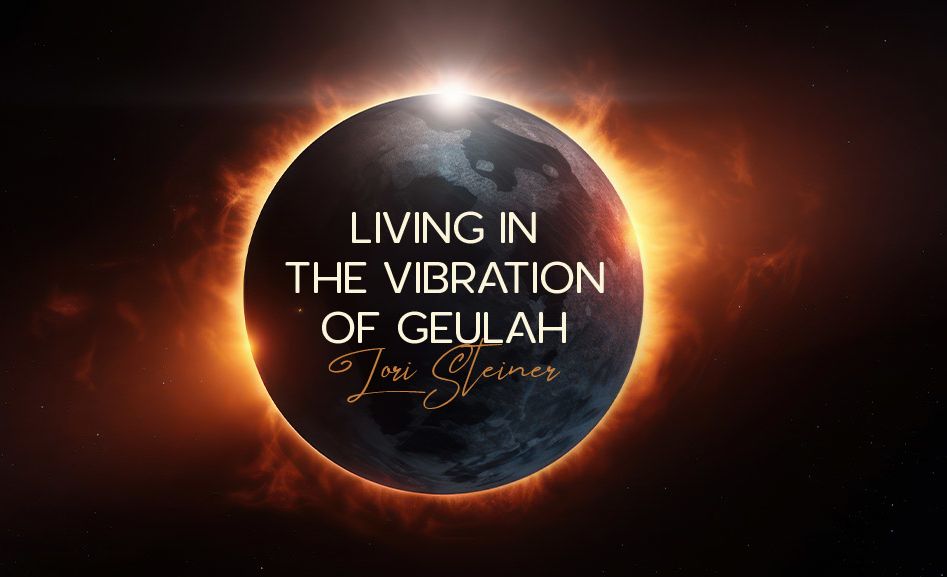
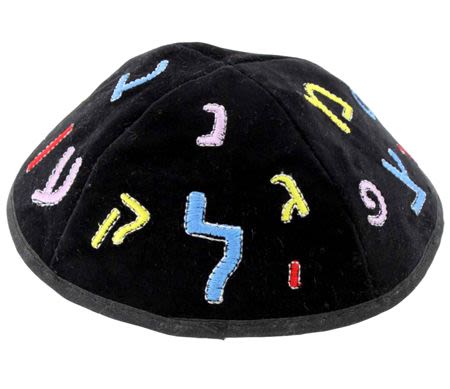




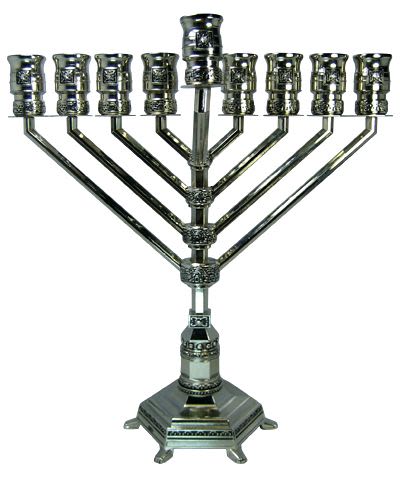
1/02/2012
Meaningful Shmutz… Contrast 'tween holy and unholy helps us appreciate what's important – all the more – and reinforces our desire for goodness. THANKS Howard.
1/02/2012
Contrast 'tween holy and unholy helps us appreciate what's important – all the more – and reinforces our desire for goodness. THANKS Howard.
1/02/2012
Where do I get this book? Looks interesting and I worked in this industry on n off for 15 years, never got into drugs or crazy partying and certainly met some unsavoury types but the industry also does some good and can influence for the better if only there were more quality films than low level on the morality scale ones. If Only…because I love the medium of film, chaval!